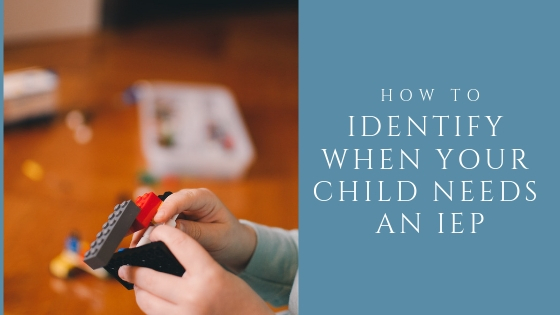All too often, parents see their child struggling in public school, but are unsure how to provide her with the assistance she needs. Many times, the assistance your child needs is beyond what you can provide them. Sadly, when parents seek help from their child’s school, in some school districts, they may find that the school denies that there’s anything wrong. Everything is “fine.” Your daughter is adorable and charming and a pleasure to have in class (yet, at home, she cries every night as she struggles through homework). Or you son is just a “boy,” and boys mature later and the fact that he still cannot read is “nothing to worry about,” if you would just relax and give him time to catch up (yet at home he tells you every day that he thinks he is stupid and everyone else is smarter than him). Relax, relax, relax. Really?
As a parent, no one knows your child better than you do. You may not be an educator, but you know that your child is suffering and something is terribly wrong. Learn how to identify when it is time for your child to be evaluated and considered for an individualized educational plan (IEP), even if teachers and administrators are not listening to your concerns.
If you suspect your child as having a learning disability (it is okay if you do not know specifically what that disability may be – that is the job of a professional to tease out), your school district can (and should) evaluate your child for FREE in all areas of a suspected disability. You may, however, choose to have your child privately evaluated (and if you do, you should share that evaluation with your child’s school, even though you are the one who paid for it).
What is an IEP?
An IEP is an educational program that is designed specifically to meet your child’s unique learning needs. It provides “special education” services. Special education is not a “place,” rather it is a constellation of services individually tailored to support your child and help your child to make educational progress.
Struggling to Finish Work
Oftentimes, one of the first signs that a student may need an IEP is that he’s consistently struggling to finish schoolwork, even if the work seems straightforward and for a student without a learning challenge, likely would not take much time to complete. Your child’s regular struggle with homework could indicates either he does not understand what is being taught in school or that he is having a harder than average time at following directions or focusing on the task at hand.
Disruptive in School
If a student is reported to be disruptive at school and typical discipline or rewards for good behavior is not proving effective, your child’s negative behavior may be a symptom that there is a deeper problem. Your child should be evaluated to determine the cause of the behavior so that a plan can be put in place to help and support your child at school, and perhaps, beyond the school day.
Fighting at Home
If you notice your child is becoming increasingly belligerent at home and acting out, especially when it comes to completing schoolwork, it could indicate a learning or emotional issue that your child (and you) will need professional assistance. Students who are struggling in school may act out in anger at home and in school because they are frustrated and do not know how to fix the problem. This could eventually lead to poor self-esteem and seeing themselves as “the problem,” rather than the underlying issue that is causing distress.
Special Factors
In order for your child to receive an IEP, he or she must have a classifiable disability (there are 13 Categories of Classification under the Individuals with Disabilities Education Act). In addition, the Individuals with Disabilities Education Act (IDEA) lists five special factors that the IEP team must consider in the development, review, and revision of each child’s IEP. The five special factors outlined in the IDEA. These five factors are:
- behavior that impedes learning
- limited English proficiency
- blind or visually impaired
- communication needs
- the use of assistive technology
If your child is very young, you may not be aware that these issues may exist, such as inability to hear or see during lessons. It is important that your child is evaluated in all suspected areas of disability to take the time to evaluate all possibilities in order to get your child the help he or she they needs.
As noted above, negative behaviors may indicate that there is a deeper issue and it is not simply that your child does not enjoy school, lacks discipline or is “lazy.” Once you begin to see that your child’s behaviors are negatively affecting his ability to learn or his relationships, it is time to work toward identifying the deeper issue under the behavior. This work ideally should be a collaborative process between you and your child’s school team.
All Children Are Different
It is important to note that different children will show different signs of needing help, so there is no one-size-fits-all for children who are struggling in school (or at home with homework or behavior). You know your child better than anyone else, so listen to your instinct and if you think something is wrong, ask your child’s school for an evaluation. If your pleas are ignored, have your child privately evaluated and share the evaluation with your child’s school.



